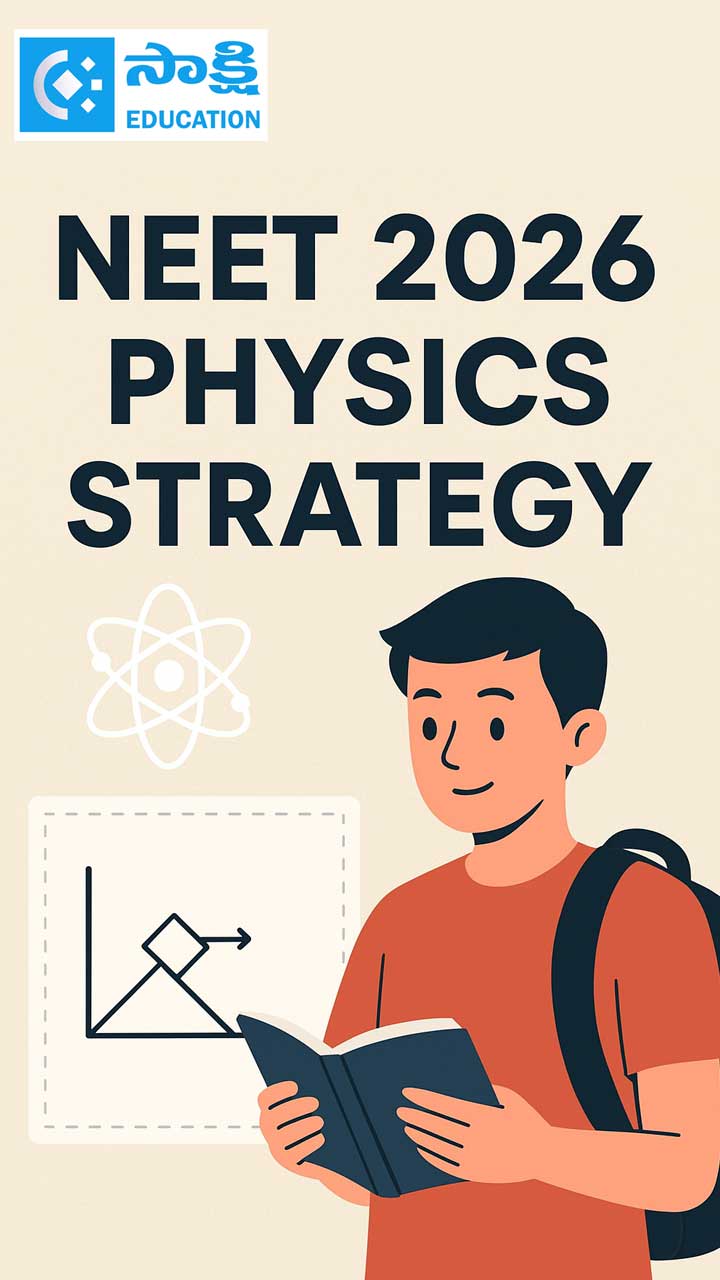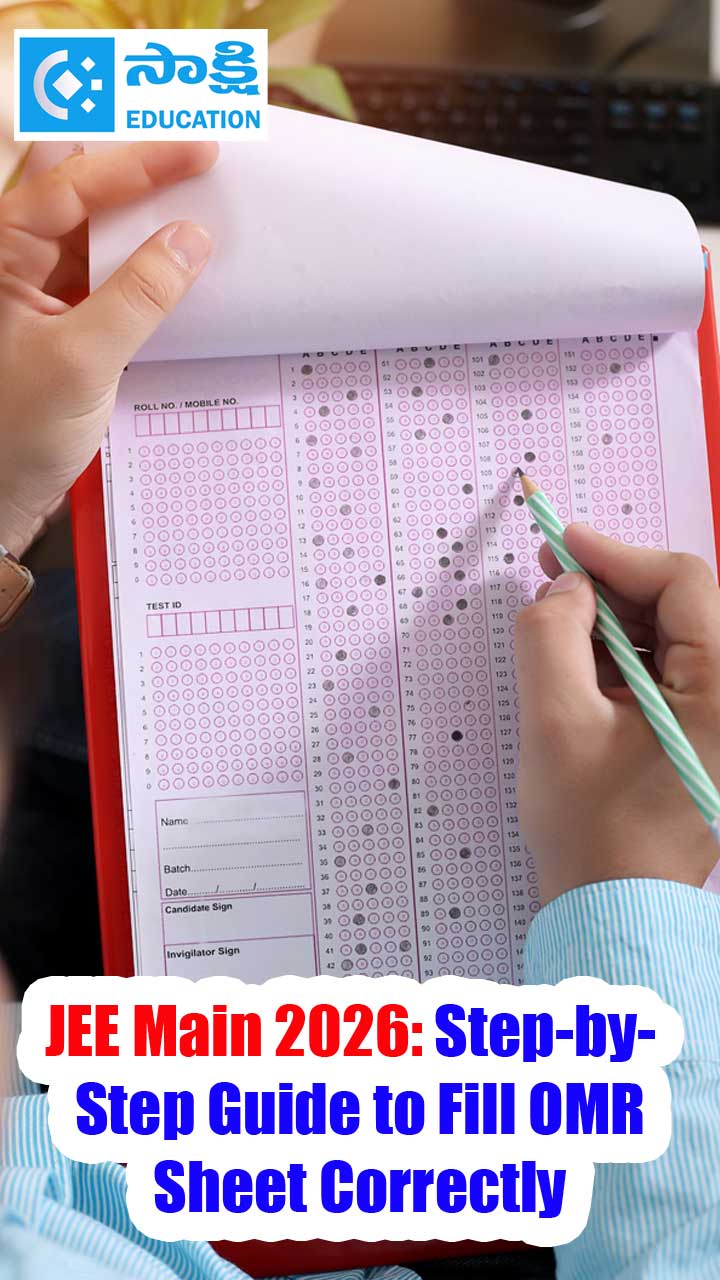Full List of Recipients of Bharat Ratna Award!

The Bharat Ratna is awarded in recognition of exceptional service/performance of the highest order, without distinction of race, occupation, position, or sex. The award was originally confined to the arts, literature, science, and public services, as per the 1954 regulations. In December 2011, the rules were changed to include "any field of human endeavour". The 1954 statutes did not allow posthumous awards, but this was subsequently modified in the January 1955 statute, and Lal Bahadur Shastri became the first recipient to be honoured posthumously in 1966.
The Bharat Ratna is a medallion and a miniature. The medallion is made of gold and is 35 mm in diameter. It has a portrait of the Sun God on the obverse and the inscription "Bharat Ratna" on the reverse. The miniature is a replica of the medallion and is made of silver.
The Bharat Ratna is not awarded in a regular annual schedule. The recommendations for the Bharat Ratna are made by the Prime Minister to the President. The number of annual awards is restricted to a maximum of three in a particular year. On conferment of the award, the recipient receives a Sanad (certificate) signed by the President and a medallion. The Award does not carry any monetary grant.

List of the recipients of the Bharat Ratna:
Bharat Ratna 1954
- C. Rajagopalachari: An Indian independence activist, statesman, and lawyer.
- Sarvepalli Radhakrishnan: He served as India's first Vice-President (1952–62) and second President (1962–67). Since 1962, his birthday on 5 September is observed as "Teachers' Day" in India.
- C. V. Raman: Widely known for his work on the scattering of light and the discovery of the effect, better known as "Raman scattering". He mainly worked in the field of atomic physics and electromagnetism and was presented Nobel Prize in Physics in 1930.
Bharat Ratna 1955
- Bhagwan Das: Independence activist, philosopher, and educationist, and co-founder of Mahatma Gandhi Kashi Vidyapith.
- M. Visvesvaraya: Civil engineer, statesman, and Diwan of Mysore (1912–18), he was a Knight Commander of the Order of the Indian Empire. His birthday, 15 September, is observed as "Engineer's Day" in India.
- Jawaharlal Nehru: Independence activist, political leader and author, Nehru is the first and the longest-serving Prime Minister of India (1947–64).
Bharat Ratna 1957
- Govind Ballabh Pant: Independence activist Pant was premier of United Provinces (1937–39, 1946–50) and first Chief Minister of Uttar Pradesh (1950–54). He served as Union Home Minister from 1955–61.
Bharat Ratna 1958
- Dhondo Keshav Karve: Social reformer and educator, Karve is widely known for his works related to women's education and remarriage of Hindu widows. He established the Widow Marriage Association (1883), Hindu Widows Home (1896), and started Shreemati Nathibai Damodar Thackersey Women's University in 1916.
Bharat Ratna 1961
- Bidhan Chandra Roy: A physician, political leader, philanthropist, educationist, and social worker, Roy is often considered as "Maker of Modern West Bengal". He was the second Chief Minister of West Bengal (1948–62) and his birthday on 1 July is observed as National Doctors' Day in India.
- Purushottam Das Tandon: Often titled "Rajarshi", Tandon was an independence activist and served as speaker of the United Provinces Legislative Assembly (1937–50).
Bharat Ratna 1962
- Rajendra Prasad: Independence activist, lawyer, statesman, and scholar, Prasad was closely associated with Mahatma Gandhi in the non-cooperation movement for Indian independence. He is the first President of India (1950–62).
Bharat Ratna 1963
- Zakir Husain: Independence activist, economist, and education philosopher, Husain served as a Vice-Chancellor of Aligarh Muslim University (1948–56) and the Governor of Bihar (1957–62). Later, he was elected as second Vice-President of India (1962–67) and went on to become the third President of India (1967–69).
- Pandurang Vaman Kane: Indologist and Sanskrit scholar, Kane is best known for History of Dharmasastra: Ancient and Medieval Religious and Civil Law in India.
Bharat Ratna 1966
- Lal Bahadur Shastri: Known for his slogan "Jai Jawan Jai Kisan", Independence activist Shastri served as second Prime Minister of India (1964–66) and led the country during the Indo-Pakistani War of 1965.
Bharat Ratna 1971
- Indira Gandhi: Known as the "Iron Lady of India", was the Prime Minister of India during 1966–77 and 1980–84. During the Indo-Pakistani War of 1971, her government supported the Bangladesh Liberation War which led to the formation of a new country, Bangladesh.
Bharat Ratna 1975
- V. V. Giri: He was involved in the Irish Sinn Fein movement. He participated in the Indian freedom struggle. Giri held positions of Governor of Uttar Pradesh, Kerala and Mysore and various other cabinet ministries. He became the first acting President and was eventually elected as the fourth President of India (1969–74).
Bharat Ratna 1976
- K. Kamaraj: Independence activist and statesman Kamaraj was a former Chief Minister of Tamil Nadu for three terms; 1954–57, 1957–62, and 1962–63.
Bharat Ratna 1980
- Mother Teresa: "Saint Mother Teresa of Calcutta" was a catholic nun and the founder of the Missionaries of Charity. She was awarded the Nobel Peace Prize for her humanitarian work in 1979 and was beatified on 19 October 2003 by Pope John Paul II and canonized on 4 September 2016 by Pope Francis.
Bharat Ratna 1983
- Vinoba Bhave: Independence activist, social reformer, and a close associate of Mahatma Gandhi, Bhave is best known for his Bhoodan movement, "Land-Gift Movement". He was given the title "Acharya" ("teacher") and was awarded the Ramon Magsaysay Award (1958) for his humanitarian work.
Bharat Ratna 1987
- Khan Abdul Ghaffar Khan: Widely known as "Frontier Gandhi", independence activist and Pashtun leader. He joined Khilafat Movement in 1920 and founded Khudai Khidmatgar ("Red Shirt movement") in 1929.
Bharat Ratna 1988
- M. G. Ramachandran: Actor turned politician Ramachandran served as Chief Minister of Tamil Nadu for three terms; 1977–80, 1980–84, and 1985–87.
Bharat Ratna 1990
- B. R. Ambedkar: Social reformer and leader of the Dalits ("Untouchables"), Ambedkar was the Chief architect of the Indian Constitution and also served as the first Law Minister of India.
- Nelson Mandela: Leader of the Anti-Apartheid Movement in South Africa, Mandela was the President of South Africa (1994–99). Often called the "Gandhi of South Africa", Mandela's African National Congress movement was influenced by Gandhian philosophy. In 1993, he was awarded the Nobel Peace Prize.
Bharat Ratna 1991
- Rajiv Gandhi: He was the 9th Prime Minister of India serving from 1984 to 1989.
- Vallabhbhai Patel: Widely known as the "Iron Man of India", Patel was an independence activist and first Deputy Prime Minister of India (1947–50). Post-independence, Sardar Patel worked with V. P. Menon towards dissolving 555 princely states into the Indian union.
- Morarji Desai: Independence activist Desai was the sixth Prime Minister of India (1977–79). He is the only Indian national to be awarded the Nishan-e-Pakistan, the highest civilian award given by the Government of Pakistan.
Bharat Ratna 1992
- Abul Kalam Azad: Independence activist Azad was India's first Minister of Education and worked towards free primary education. His birthday on 11 November is observed as National Education Day in India.
- J. R. D. Tata: Industrialist, philanthropist, and aviation pioneer, Tata founded India's first airline Air India. He is the founder of various institutes including Tata Institute of Fundamental Research, Tata Memorial Hospital, Tata Institute of Social Sciences, Tata Motors, TCS, National Institute of Advanced Studies, and National Centre for the Performing Arts.
- Satyajit Ray: He is filmmaker and is credited with bringing world recognition to Indian cinema. In 1984, Ray was awarded the Dadasaheb Phalke Award, India's highest award in cinema.
Bharat Ratna 1997
- Gulzarilal Nanda: Independence activist Nanda was two times interim Prime Minister of India (1964, 1966) and two times deputy chairman of the Planning Commission.
- Aruna Asaf Ali: Independence activist Ali is better known for hoisting the Indian flag in Bombay during the Quit India Movement in 1942. Post-Independence, Ali was elected as Delhi's first mayor in 1958.
- A. P. J. Abdul Kalam: Aerospace and defense scientist, Kalam was involved in the development of India's first satellite launch vehicle SLV III and was the architect of the Integrated Guided Missile Development Program. He was appointed as the Scientific Advisor to the Defence Minister, Secretary to Department of Defence Research and Development and Director General of Defence Research and Development Organisation. Later, he served as the eleventh President of India from 2002 till 2007.
Bharat Ratna 1998
- M. S. Subbulakshmi: Carnatic classical vocalist Subbulakshmi also called "Queen of songs", is the first Indian musician to receive the Ramon Magsaysay award.
- Chidambaram Subramaniam: Independence activist and former Minister of Agriculture of India (1964–66), Subramaniam is known for his contribution towards Green Revolution in India.
Bharat Ratna 1999
- Jayaprakash Narayan: Independence activist, social reformer, and commonly referred to as "Lok Nayak", Narayan is better known for "Total Revolution Movement" or "JP Movement" initiated during the mid-1970s to overthrow the corrupt and exploitative Congress government.
- Amartya Sen: Winner of the Nobel Memorial Prize in Economic Sciences (1998), Sen has done research on several topics including social choice theory, ethics and political philosophy, welfare economics, decision theory, development economics, public health, and gender studies.
- Gopinath Bordoloi: Independence activist Bordoloi is the first Chief Minister of Assam (1946–50). His efforts and association with the then Minister of Home Affairs Vallabhbhai Patel were widely acknowledged while keeping Assam united with India when parts of it were to merge with East Pakistan.
- Ravi Shankar: Winner of four Grammy Awards, sitar player Shankar is known for his collaborative work with Western musicians including Yehudi Menuhin and George Harrison.
Bharat Ratna 2001
- Lata Mangeshkar: Widely credited as the "nightingale of India", has sung songs in over 36 languages. In 1989, Mangeshkar was awarded the Dadasaheb Phalke Award, India's highest award in cinema.
- Bismillah Khan: Hindustani classical shehnai player, Khan played the instrument for more than eight decades and is credited to have brought the instrument to the centre stage of Indian music.
Bharat Ratna 2009
- Bhimsen Joshi: Hindustani classical vocalist, Joshi was a disciple of Kirana Gharana, an Indian musical school. He is widely known for the Khyal genre of singing with a "mastery over rhythm and accurate notes".
Bharat Ratna 2014
- C. N. R. Rao: The recipient of Honorary Doctorates from 63 Universities including Purdue, IIT Bombay, Oxford, chemist and professor Rao has worked prominently in the fields of Solid State and Materials Chemistry, Spectroscopy and Molecular Structure. He has authored around 1600 research papers and 48 books.
- Sachin Tendulkar: He played 664 international cricket matches in a career spanning over two decades.
Bharat Ratna 2015
- Madan Mohan Malaviya: Scholar and educational reformer Malaviya is a founder of Akhil Bharatiya Hindu Mahasabha (1906) and Banaras Hindu University and served as the university's vice-chancellor from 1919 till 1938.
- Atal Bihari Vajpayee: Parliamentarian for over four decades, Vajpayee was elected nine times to the Lok Sabha, twice to the Rajya Sabha and served as the Prime Minister of India for three terms; 1996, 1998, 1999–2004. He was Minister of External Affairs during 1977–79 and was awarded the "Best Parliamentarian" in 1994.
Bharat Ratna 2019
- Pranab Mukherjee: He is a politician who served as the 13th President of India from 2012 until 2017.
- Nanaji Deshmukh: He was a social activist, worked in the fields of education, health, and rural self-reliance. He was a member of RSS, a leader of the Bharatiya Jana Sangh, and also a member of the Rajya Sabha. He was honoured with the Padma Vibhushan in 1999. India’s first Saraswati Shishu Mandir was established by him at Gorakhpur in 1950.
- Bhupen Hazarika: He was an Indian playback singer, lyricist, musician, singer, poet and filmmaker from Assam, widely known as Sudhakantha. He received the National Film Award for Best Music Direction in 1975. Recipient of Sangeet Natak Akademi Award (1987), Padmashri (1977), and Padmabhushan (2001), and also awarded with Dada Saheb Phalke Award (1992).
Bharat Ratna 2024
- Karpoori Thakur: He was an Indian politician who served two terms as the 11th Chief Minister of Bihar, first from December 1970 to June 1971, and then from June 1977 to April 1979. He was popularly known as Jan Nayak. He introduced 26% reservation model in Bihar, for the backward classes in the government jobs.
- LK Advani: He was an Indian politician who played crucial role in Ram Janmabhoomi Movement. He served as the 7th Deputy Prime Minister of India from 2002 to 2004. He is one of the co-founders of Bharatiya Janata Party and a member of the Rashtriya Swayamsevak Sangh.
- PV Narasimha Rao: He was a lawyer and politician who served as the 9th prime minister of India from 1991 to 1996. He is known for introducing various liberal reforms to India's economy.
- Chowdary Charan Singh: He was a politician and a freedom fighter. He served as the 5th prime minister of India and 5th Chief Minister of Uttar Pradesh. Charan Singh followed Mahatma Gandhi in non-violent struggle for independence from the British Government and was imprisoned several times.
- Mankombu Sambasivan Swaminathan: He was an agronomist, agricultural scientist, plant geneticist, administrator, and humanitarian. Swaminathan was a global leader of the green revolution.




















